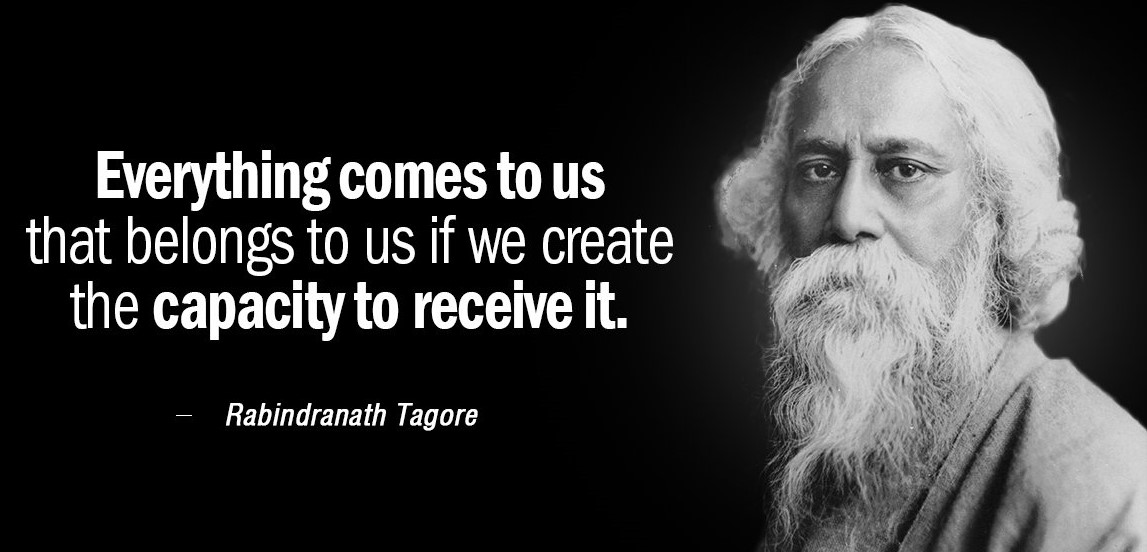Important Facts For Prelims
Rabindranath Tagore
- 09 May 2020
- 2 min read
Why in News
The Prime Minister of India paid tributes to Rabindranath Tagore on his 159th Jayanti on 7th May, 2020.
Key Points
- Rabindranath Tagore was born in Calcutta on May 7, 1861. He was also referred to as ‘Gurudev’, ‘Kabiguru’, and ‘Biswakabi’.
- Regarded as the outstanding creative artist of modern India and hailed by W.B Yeats, Rabindranath Tagore was a Bengali poet, novelist, and painter, who was highly influential in introducing Indian culture to the west.
- Rabindranath was an exceptional literary figure and a renowned polymath who singlehandedly reshaped the region's literature and music.
- In 1913 Rabindranath Tagore was awarded the Nobel Prize in Literature for his work on Gitanjali.
- He was the first non-European to receive the Nobel Prize.
- In 1915 Tagore was awarded knighthood by the British King George V. In 1919, following the Jallianwalla Bagh massacre he renounced his Knighthood.
- Besides all his literary achievements he was also a philosopher and educationist who in 1921 established the Vishwa-Bharati University, a university that challenged conventional education.
- Rabindranath Tagore was a good friend of Mahatma Gandhi and is said to have given him the title of Mahatma.
- Tagore had always stressed that unity in diversity is the only possible way for India’s national integration.
- He not only gave the national anthems for two countries, India and Bangladesh, but also inspired a Ceylonese student of his, to pen and compose the national anthem of Sri Lanka.







